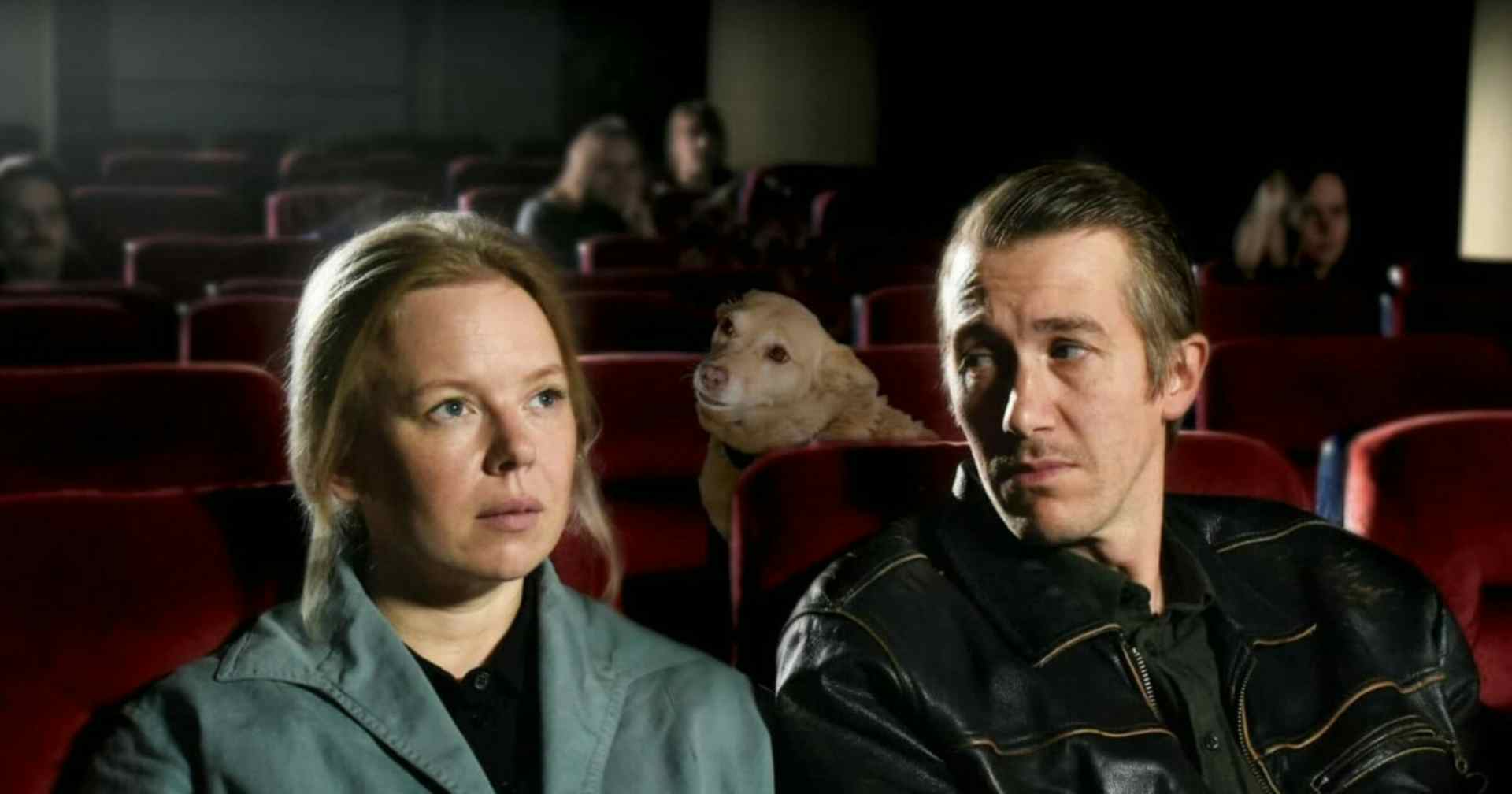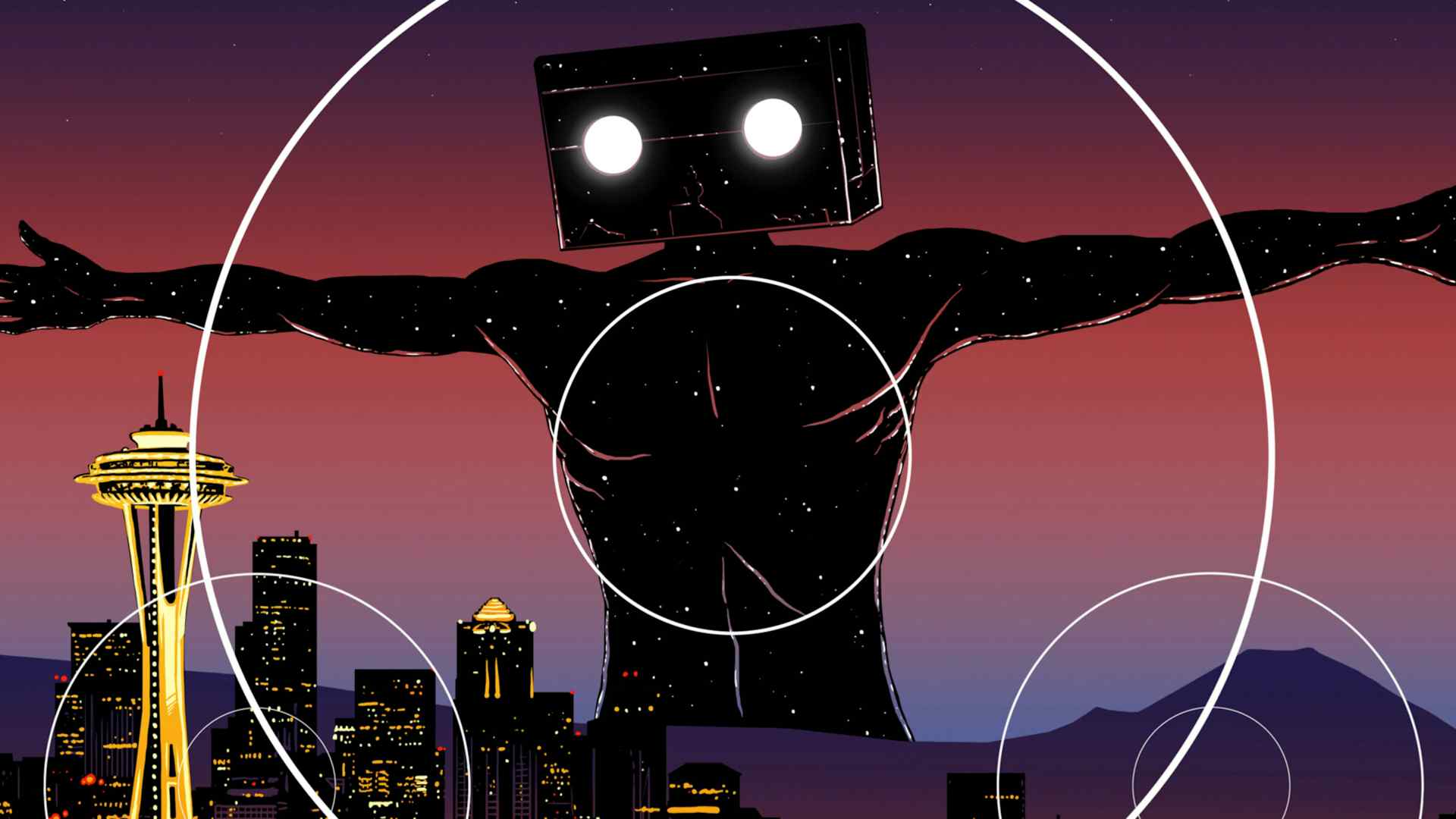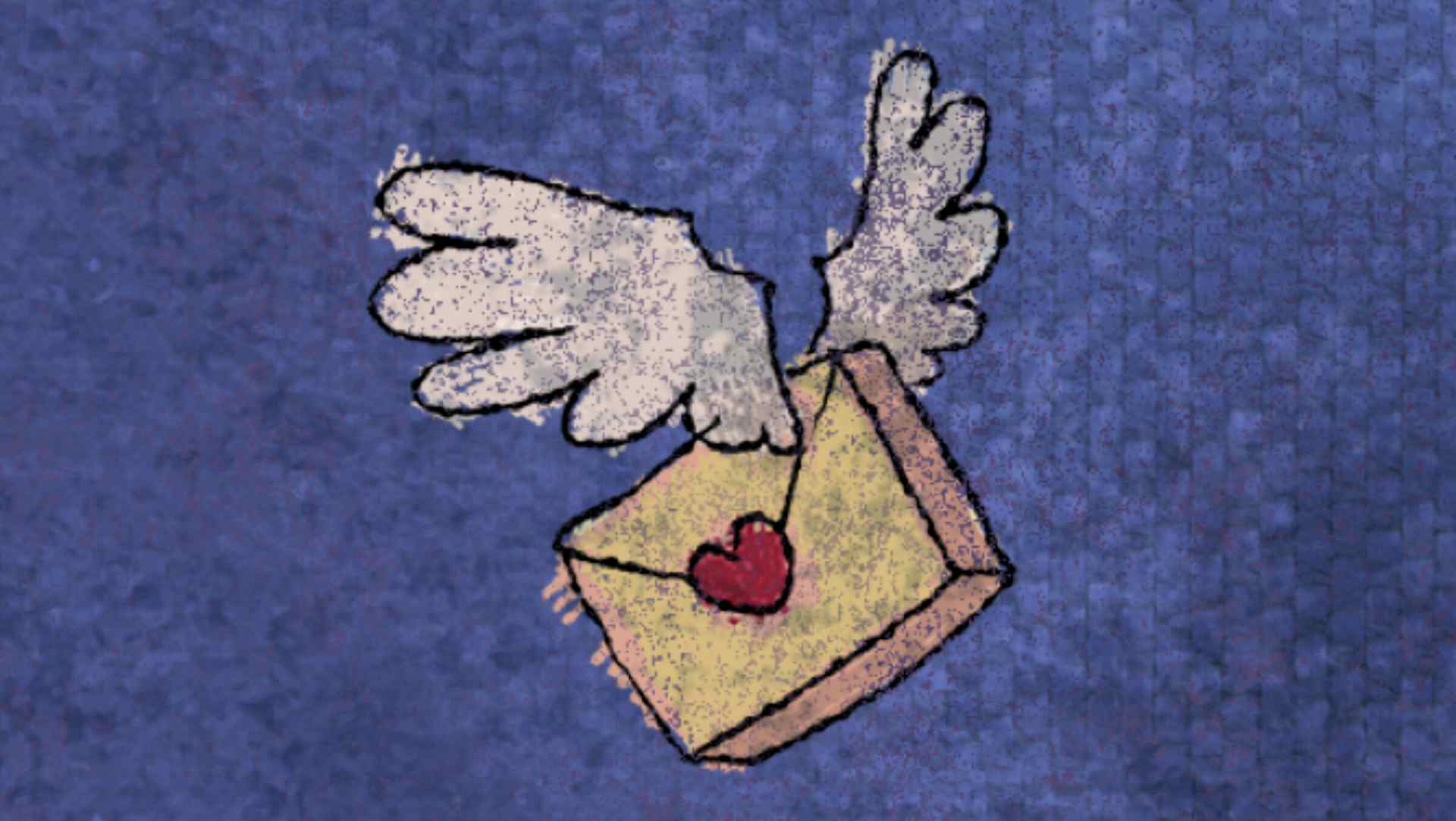Robert Horton is a Scarecrow board member and a longtime film critic. This series of "critic's notes" is chance to highlight worthy films playing locally and connect them to the riches of Scarecrow's collection.

Brief end-of-2023 thoughts on a couple of the best movies released this year.
Fallen Leaves
When Aki Kaursimäki visited the New York Film Festival in the 1990s (as he did more than once), he strolled onstage for a press conference after whatever film had just screened, cigarette and beer bottle in hand(s). Someone asked him a question clearly intended to allow the director to sing the praises of shooting in his home country, and Kaursimäki, with just exactly the kind of deadpan sardonic intonation you would expect from his movies, said something along the lines of "Oh yes, Finland is great wonderland of beauty and happiness" and went on like that. Of course, his movies show the harder side of Finland, unphotogenic neighborhoods and end-of-the-night bars and industrial backyards.
And yet, there is a Kaursimäki wonderland. He finds it in those unpromising, frosty, ashtray-littered locations. And Fallen Leaves is one of the most wondrous of his films, and one of the simplest. In the margins of Helsinki, two lonely people will eventually come together, although they lose each other for a while. The interiors are the same as you've seen in other Kaursimäki pictures, full of slanted shadows and old vintage radios and cooked meats. People stand around awkwardly, and insult each other as affectionate performance. The film alludes to Brief Encounter and An Affair to Remember and cheerfully finds its way into their company, but only on its own terms. The happiness comes at you slantwise, beer in hand. The two people, played by Alma Pöstyi and Jussi Vatanen, are Kaursimäki types, not entirely handsome but beautiful. An entire world can be settled over coffee and a roll. Fallen Leaves is hilarious and touching, and it has a perfect ending, which does not call attention to itself as such. But it is.
Showing Up
As it happens, the ending of Kelly Reichardt's Showing Up, like Fallen Leaves, involves two people walking away from the camera at a distance. (And these are my two favorite movies of the year? Hmmm.) It's not nearly as stylized as the Kaursimäki picture, and yet it is, in its own way; the sound design alone, which suggests an alternate way of listening to the sound of the world, is very carefully arranged. The bulk of the movie is about a Portland artist (Michelle Williams), who seems kind of tired, and is certainly tired of not having hot water in her apartment, which she rents from a fellow artist (Hong Chau). A gallery show of her sculpture looms; her cat mauls a pigeon which must then be nursed back to health; her mercurial brother (John Magaro) acts out. Various quietly amusing things happen at the school.
There's no love story to help us keep going, just things that seem authentic, like the way Williams rips out a fistful of flowers from her landlord's garden as a tiny way of getting back. The low-key pleasures of Showing Up make it a tough sell, but the film's gentle, accepting style is beguiling—the 2023 arthouse darling Past Lives, also a quiet movie, seems forced by comparison. The gentle touch is firm, though, and somehow Showing Up is about the world today, even if its reach looks small. It culminates in a sequence straight out of Ozu, complete with solo flute on the soundtrack (contributed by supporting actor Andre Benjamin), as the characters wordlessly ponder the pigeon's progress. We don't need to see the bird, though, because the arrangement of people is enough.
December 15, 2023


